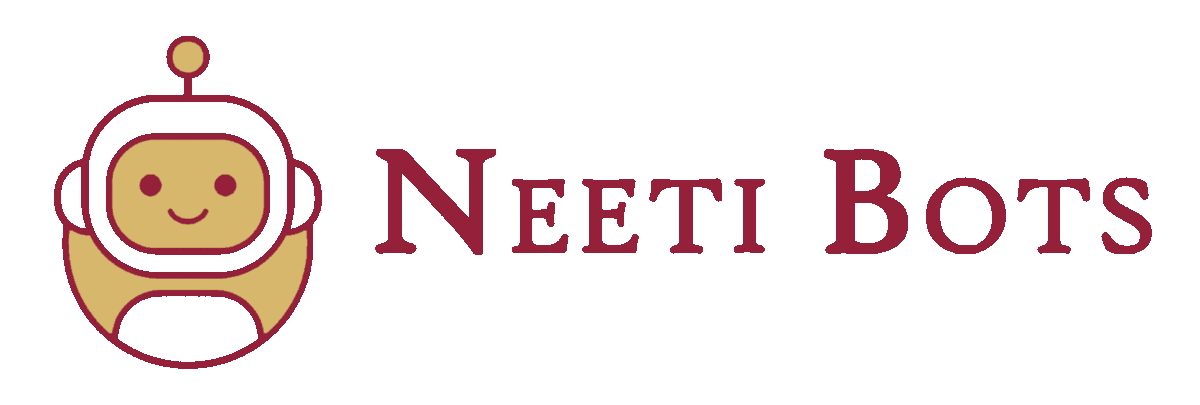To help you tap into the power of chatbots, we’ve prepared this guide. In this post, we’ll explore the top 10 real-life chatbot use cases that have proven effective across various sectors, including Banking, Education, Marketing, and Sales.
Chatbots have been revolutionizing the way businesses communicate with their customers since the introduction of Facebook Messenger. The chatbot industry is projected to reach $3.99 billion by 2030, growing at a CAGR of 25.7%. However, despite their potential, many people remain unaware of the benefits chatbots can bring to their businesses.
But before we dive into the use cases, let’s start with a brief overview of chatbots.
A chatbot is a program that interacts with humans through text-based messaging or voice calls. They can perform a wide range of tasks, from scheduling appointments and placing online orders to providing medical advice. With numerous applications in different sectors, we’ve narrowed down the list to ten use cases that can help grow your company.
Let’s explore the top 10 real-life examples of chatbot use cases that can inspire your next chatbot project.
1. Chatbot Use Cases in the Ecommerce Industry:
Cart abandonment is a significant challenge for eCommerce companies, with an average abandonment rate of 70%. Ecommerce chatbots can address this issue by sending reminders, offering incentives, or engaging customers in conversation, thereby reducing cart abandonment by 20 to 30% and boosting revenue.
2. Chatbot Use Cases in the Travel Industry:
Travel companies are leveraging chatbots to assist customers in booking flights, hotels, and planning their trips. Chatbots can provide information on the best routes, hotel availability, and answer general travel-related queries.
3. Chatbot Use Cases in the Restaurant Industry:
Chatbots in restaurants can handle inquiries about opening hours, table availability, share menu pictures, recommend meals, offer discounts, remind customers of reservations, and manage bookings.
4. Chatbot Use Cases in the Healthcare Industry:
In healthcare, chatbots play a crucial role in patient care and education. They can provide information about symptoms, diagnosis, prescriptions, treatments, and connect patients with appropriate doctors. Chatbots improve patient satisfaction and reduce waiting times.
5. Chatbot Use Cases in the Financial Services Industry:
Financial service providers can use chatbots to converse with clients about investments, provide management tips, and recommend suitable financial plans based on individual profiles. This personalized approach enhances customer experience and satisfaction.
6. Chatbot Use Cases in Marketing & Sales:
Chatbots have become essential in marketing and sales. They can generate leads by engaging customers with relevant questions and provide personalized information about products or services. Additionally, chatbots excel in customer service, addressing inquiries, and resolving issues promptly, leading to improved customer retention.
7. Chatbot Use Cases in Product Management:
Chatbots can be valuable for product management by quickly answering questions, providing feedback on new features, and offering timelines for upcoming updates. This real-time interaction helps customers feel valued and keeps them informed about product improvements.
8. Chatbot Use Cases in the Real Estate Industry:
Chatbots are effective tools for real estate professionals. They can answer questions about potential buyers, their financial situations, and preferences. Additionally, chatbots serve as virtual assistants, scheduling appointments and facilitating communication between parties involved in property transactions.
9. Chatbot Use Cases in the Banking Industry:
Banking chatbots allow users to follow financial activities, set up payments, and pay bills. They can also address basic inquiries about client accounts or financial services. Notably, chatbots play a crucial role in notifying clients about suspicious account activity, ensuring account security.
10. Chatbot Use Cases in the Education Industry:
Educational chatbots automate result generation and provide feedback to students. They can analyze student responses, monitor progress, and
generate performance reports, saving teachers time and effort.
In conclusion, chatbots are the future of online businesses. They offer personalized experiences, enhance customer service, reduce cart abandonment rates, generate leads, and build brand trust and loyalty. By customizing chatbots to meet specific needs, businesses can offer more services while reducing costs associated with hiring additional employees.
Don’t miss out on the advantages of this AI technology. Start incorporating chatbots into your business today and unlock their full potential.
Check our other blogs here!
About Neeti Bots:
Neeti Bots, developed by Neeti Brand Accelerator, is an AI-powered chatbot for B2B and B2C websites. It helps businesses accelerate lead generation with an easy-to-build and automated chat interface.
Neeti ChatBots engage visitors, reduce customer acquisition costs, decrease bounce rates, increase session time, and also enable new digital customer acquisition models.
Visit www.neetibots.com for more!


